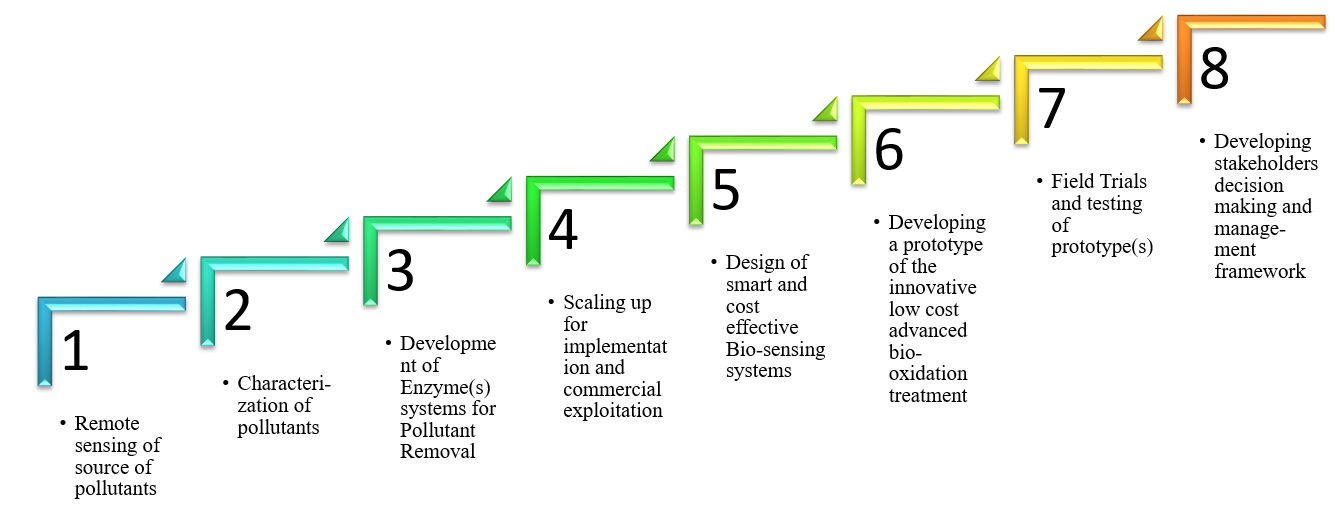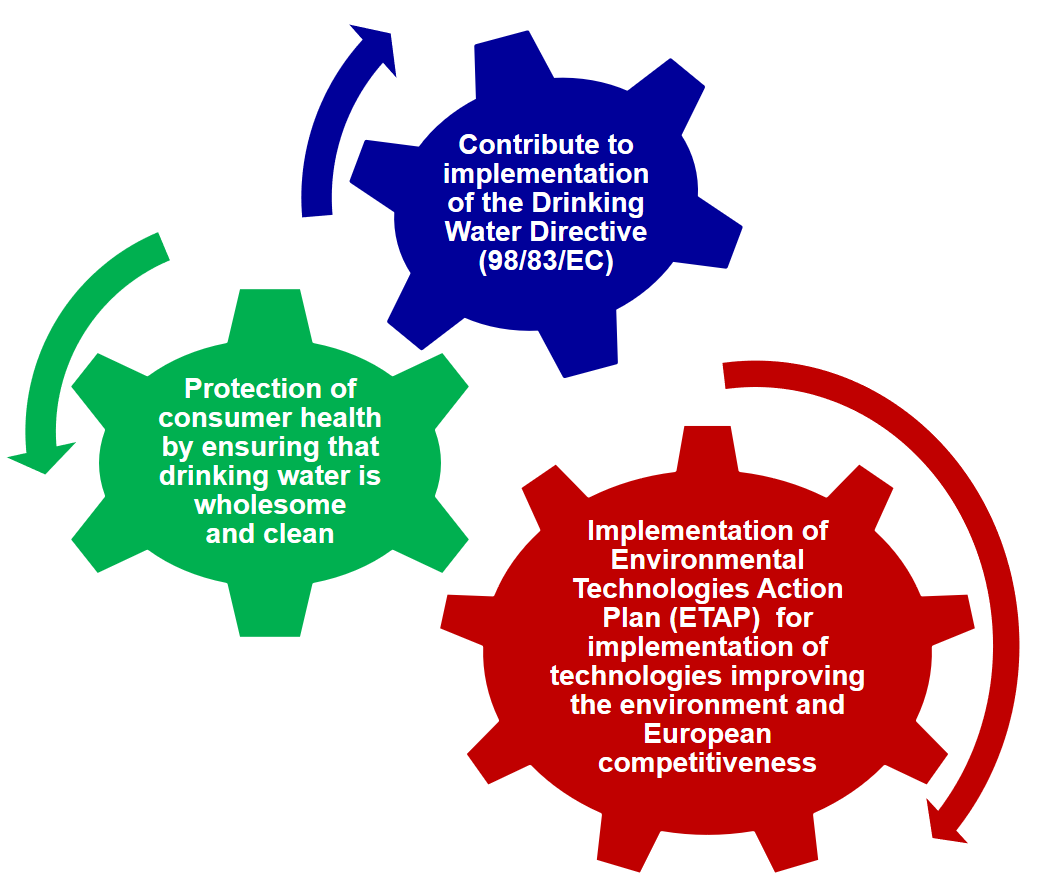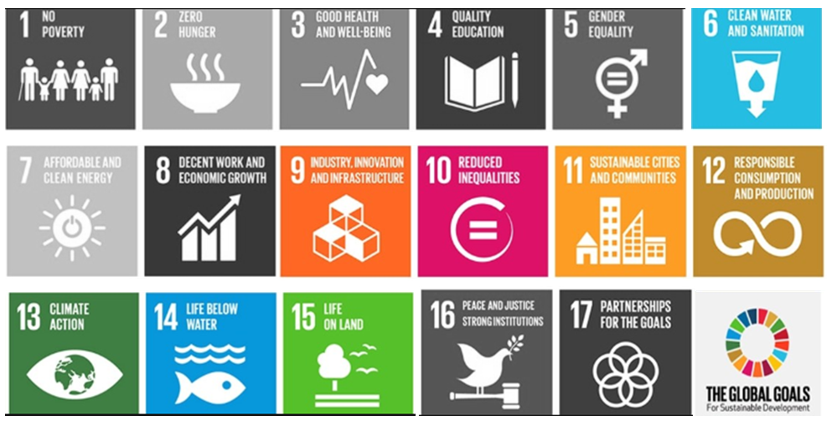Aim
Spring EU India project
SPRING aims at developing cost effective bio-remediation technologies for the removal of organic micro-pollutants present in groundwater and surface water. Innovation also revolves around developing novel microbial technology for water quality monitoring methods. Real-time detection systems to highlight different pollutants risks and flooding/water insufficiency scenarios will also be developed. Field trials of prototype technology will be carried out in urban and rural areas.
An inclusive decision-making process involving stakeholders and the public will be established to support the widespread deployment of the developed technology, and implementing good practices.

Innovation
The outcome of the project will be bioremediation technologies that can either be used as alternatives to physicochemical treatment processes or used in combination with these technologies in order to render them more durable and environmentally friendly. This will meet the call requirement that front-line research in different aspects of environmental biotechnology will be translated into novel or improved water treatment processes based on bioremediation.

Objectives
The overall aim of the SPRING Project is to develop bio-oxidation system for wastewater treatment, supply and usage over a region with support of Bhimavaram Municipal Corporation through one NGO in an integrated manner reducing the wastage with proper management.

Impact of Spring
In India, 19 states have reported fluoride contamination of water and groundwater in at least 10 states is contaminated with arsenic and carcinogenic pollutants. The SPRING project emerges from the necessity to find a water purification system to produce potable water in appropriate quantity and quality to supply under Indian conditions. The technologies are expected to be superior to known treatment technologies such as activated carbon filtration, membrane filtration, etc., both in relation to sustainability and to implementation costs. The proposed Bio-oxidation Technology has the potential to directly impact the lives of more than 0.6- 0.8 Billion people in India. MFC and remote sensing will enhance the knowledge base of the participating researchers collaborating and learning from each other’s experiences which will lead to ideas for further innovative products. For example microbial fuel cell have great scope in the field of bio-waste treatment and generating energy.


SPRING: In Pursuit of Millennium Development Goals/Sustainable development goals (MDGs/SDGs)